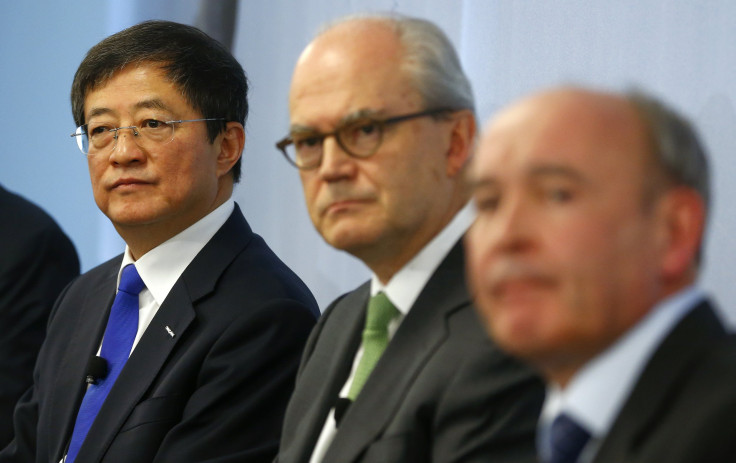ChemChina takes over Switzerland’s Syngenta for US$43bn - biggest deal in China’s history

China National Chemical Corporation is pursuing a US$43 billion (AU$61bn) takeover of a major Swiss agricultural firm, Syngenta, marking the largest acquisition ever made by a Chinese company.
The state-owned company, also known as ChemChina, offered Syngenta a cash offer worth $US465 a share on Wednesday, approximately 20 per cent higher than the stock's last close.
“In making this offer, ChemChina is recognising the quality and potential of Syngenta’s business,” said Syngenta Chairman Michel Demaré on Wednesday.
“The transaction...is focused on growth globally, specifically in China and other emerging markets, and enables long-term investment in innovation.”
ChemChina’s pursuit of Syngenta is driven partly by national interests, as President Xi Jinping attempts to boost the country’s agricultural output to maintain self-sufficiency in the wake of China’s rapidly growing middle class.
According to The World Bank, the country’s arable land declined six percent in the last decade after being subjected to years of intensive farming and chemical overuse as economic growth boomed.
Syngenta claimed US$13.4 billion in sales in 2015, predominantly from crop protection products such as pesticides.
Bolstering agrochemicals would help ChemChina reduce its reliance on petrochemical and petroleum products, which accounted for almost half of its revenue of 256.4 billion yuan (AU$5bn) in 2014.
"We will help the Chinese government to learn," said Syngenta CEO John Ramsay. “There's a lot of potential to improve the quality and technology for Chinese farmers."
The Swiss company’s shares rose 3.8 per cent to 407 Swiss francs (AUS$565) on Wednesday afternoon after the announcement, remaining below the offer price amid concerns the takeover could be delayed by US regulators.
However, according to the Financial Times, both companies have told investors that ChemChina plans to voluntarily put the deal before the Committee on Foreign Investment United States (CFIUS) to forestall a possible US government challenge.
Although CFIUS holds the power to block any transaction that may concern US national security, Chairman Demaré said Syngenta was “very convinced there is no security issue to be concerned about.”
Ute Haibach, an analyst at Swiss bank J. Safra Sarasin, argued that a challenge from the US could make the takeover process “more lengthy than initially expected.”
"[CFIUS] will likely watch the transaction closely as China's domestic seed market is broadly closed to US companies," said Haibach, according to the Sydney Morning Herald.
If the deal goes ahead, it will make ChemChina one of the world's biggest suppliers of pesticides and agrochemicals, as well as create enormous competition for America’s ‘seed giant’ Monsanto Co.
Monsanto failed to acquire Syngenta after a US$46 billion offer in 2015, and bankers say it remains unlikely that another company will be able to match ChemChina’s current deal.
Although the deal marks the biggest acquisition made by a Chinese company, it is not the world's biggest to date. Vodafone's 1999 purchase of Germany's Mannesmann for US $180 billion currently holds the record.





















